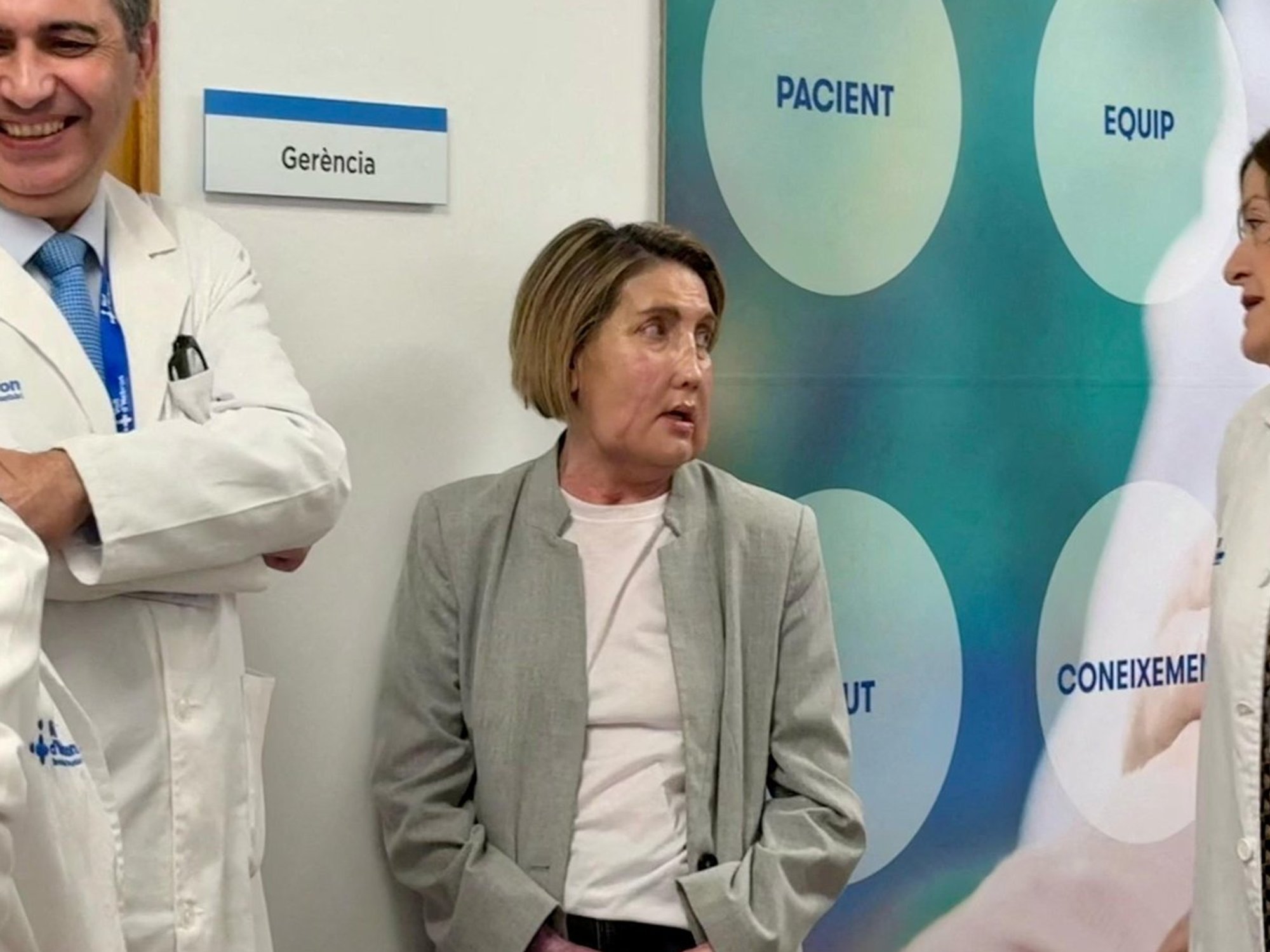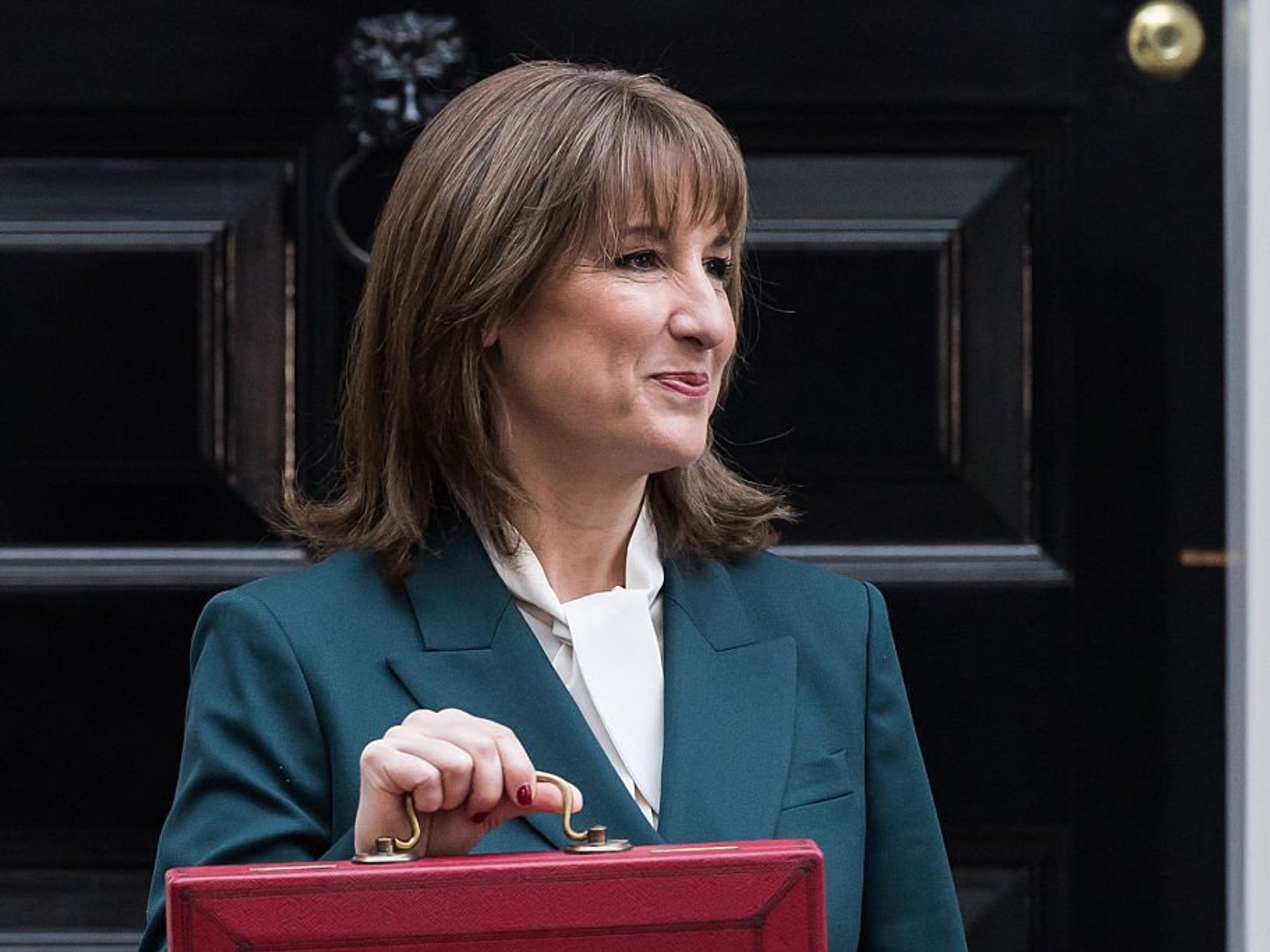DWP overhaul to introduce '13-week rule' for Universal Credit and PIP - what you need to know

Stella Creasey says cutting benefits will not 'magically' create jobs for unemployed |
GB NEWS

Universal Credit and PIP eligibility rules are set to become tighter under DWP reforms
Don't Miss
Most Read
Latest
Universal Credit claimants are being reminded of the pending "13-week rule" that is set to come into effect as part of wider Department for Work and Pensions (DWP) reforms.
The Labour Government is preparing to overhaul the benefits system through the Universal Credit and Personal Independence Payment Bill, published on Wednesday.
The legislation introduces significant changes to how disability benefits are distributed, with stricter eligibility criteria for new claimants.
Among the changes to Universal Credit and PIP include new assessment requirements and reduced payment rates for certain categories of claimants.
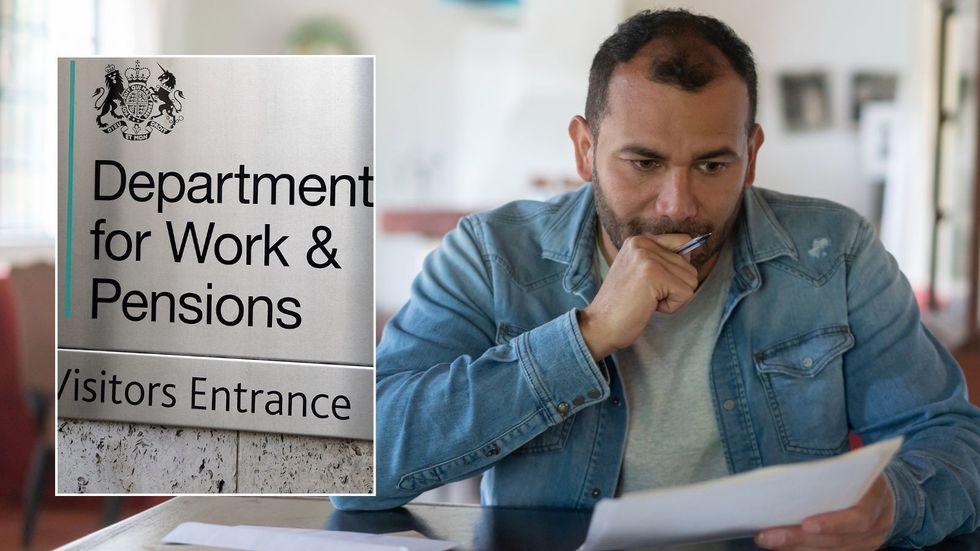
The DWP is set to introduce a 13-week grace period for claimants impacted by welfare reforms
| GETTY/PAFor Universal Credit, the Government will end reassessments for those classified as having severe conditions who will never be able to work.
These individuals will receive the higher rate of Universal Credit health top-up of £97 per week.
Furthermore, the DWP is introducing a "Right to Try Guarantee", ensuring that attempting to work will not trigger a reassessment.
However, the health element for new Universal Credit claims will be reduced from £97 to £50 from April.
Do you have a money story you’d like to share? Get in touch by emailing money@gbnews.uk.
A new "13-week rule" is being implemented for those claiming PIP or Universal Credit, which will be a grace period for those impacted by the changes who are set to lose their payemnts.
PIP will face stricter eligibility requirements under the new legislation with claimants needing to achieve a minimum score of four on at least one of the daily living activities to receive the daily living element of the benefit.
As well as this, the Government is also considering delaying access to the health element of Universal Credit until claimants reach age 22.
Any savings from this measure would be reinvested into work support and training opportunities through the Youth Guarantee programme.
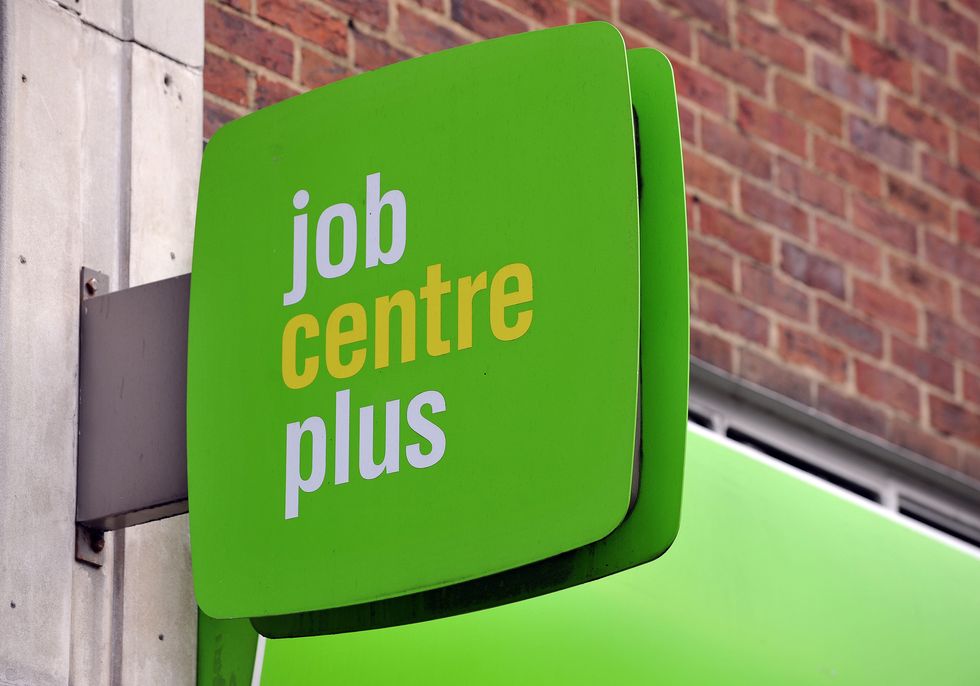 The DWP is making dramatic changes to its services, including to Jobcentres | PA
The DWP is making dramatic changes to its services, including to Jobcentres | PASince the pandemic, PIP awards have more than doubled to 34,000 monthly, with approximately 1,000 people signing on each day. Officials report a surge in anxiety and depression being cited as the main condition for claims.
LATEST DEVELOPMENTS:
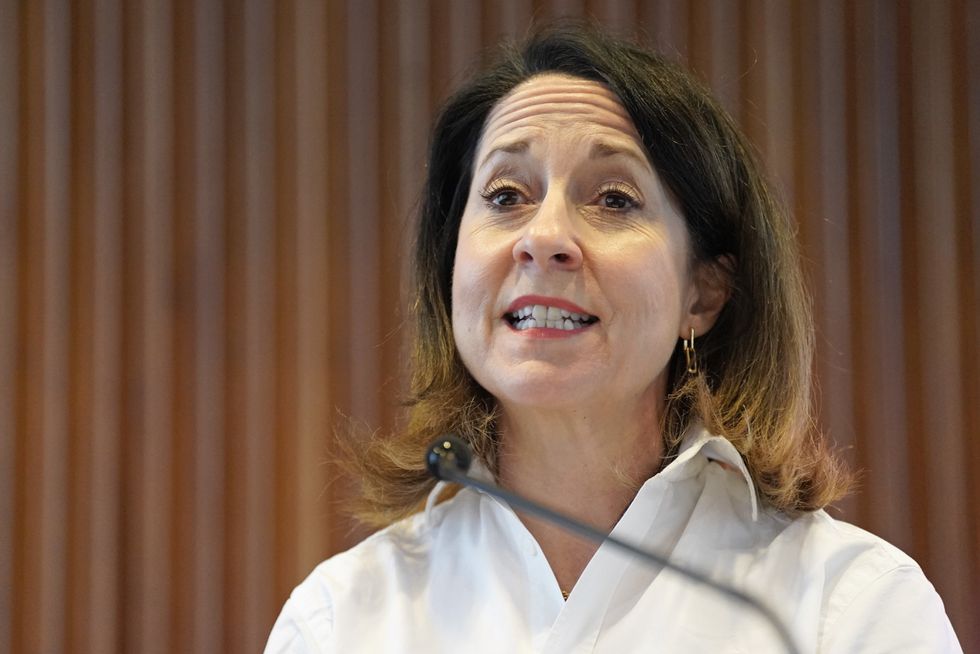 DWP minister Liz Kendall is in the process of making drastic changes to the welfare system | PA
DWP minister Liz Kendall is in the process of making drastic changes to the welfare system | PA Work and Pensions Secretary Liz Kendall said: "Our social security system is at a crossroads. Unless we reform it, more people will be denied opportunities, and it may not be there for those who need it."
She added: "This legislation represents a new social contract and marks the moment we take the road of compassion, opportunity and dignity."
As part of the welfare reforms, the Labour Government aims to get one million young people into work, education or training.
All those affected by the reforms will be contacted and offered conversations about their support needs, with access to dedicated Pathways to Work advisers.
More From GB News






